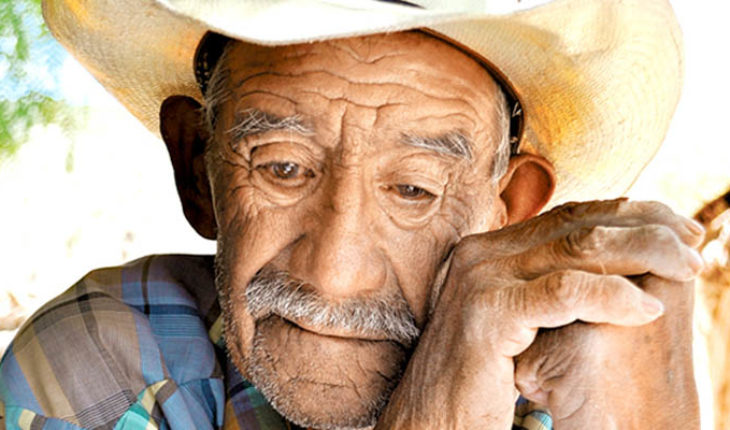World.- Spanish researchers have shown that there is a high probability of chronification of depressive problems in the elderly. The results indicate that persistent depression is primarily related to feelings of loneliness at this stage of life.
There is an important debate about whether people are sadder, depressed or unearned in old age. On the one hand, there is talk that older people are more resistant to the ‘hardships’ of life, given their long experience of experiences. And on the other hand, that the accumulation of highly stressful experiences in the elderly, such as the death of family and friends and the management of chronic diseases, could lead to a greater propensity to feel sad and melancholy.
Loneliness mainly, but also sleep problems and chronic fatigue, were the biggest predictors of a depressive episode and in its persistence
In a recent study, researchers from the Department of Psychiatry of the Autonomous University of Madrid (UAM) and the Center for Biomedical Research in Mental Health Network (CIBERSAM) have corroborated the high probability that older people who experience depression problems (understood as an episode of high depressive symptoms) repeat or maintain these problems over time.
The work was carried out on a sample of more than 40,000 people over the age of 65, from 11 general population cohorts around the world – specifically from 15 European countries, including Spain, and the United States, Japan, South Korea and Mexico.
“Participants were surveyed over time on sociodemographic aspects, health problems, and socio-emotional factors, such as lifestyle habits and depressive symptoms. The research included an 18-year follow-up, under a robust statistical method,” says Alejandro de la Torre Luque, a researcher who led the study.
The results, published in Acta Psychiatrica Scandinavica, highlight that most people are resistant to everyday experiences and do not react with high depressive symptoms.
“About 5% of participants showed at least one episode of depressive symptoms. There was a 27% chance that the depressive episode would be repeated at a later follow-up time, usually at two years. In other words, in one in four people with a depressive episode, this persisted at the next follow-up moment,” the authors detail.
Loneliness mainly, but also the presence of sleep problems and chronic fatigue, were the most effective predictors in showing a depressive episode and its persistence. Enviudar was also an important predictor to explain the onset of the episode of high depressive symptoms, though not for its persistence.
In one in four people with a depressive episode this persisted at two years old
“This work has important implications for developing therapeutic proposals towards specific factors, such as loneliness, sleep problems, etc., which can be modifiable and lead to reducing and eliminating depressive symptomatology in age old woman,” the authors say.
“In this sense,” they add, “is advocated for greater awareness among social actors in the importance of providing the eldest person with efficient strategies for dealing with loneliness, given its high negative impact.”
Source: Sinc
translated from Spanish: Depression intensifies with age and is aggravated by loneliness, study says
November 18, 2019 |





